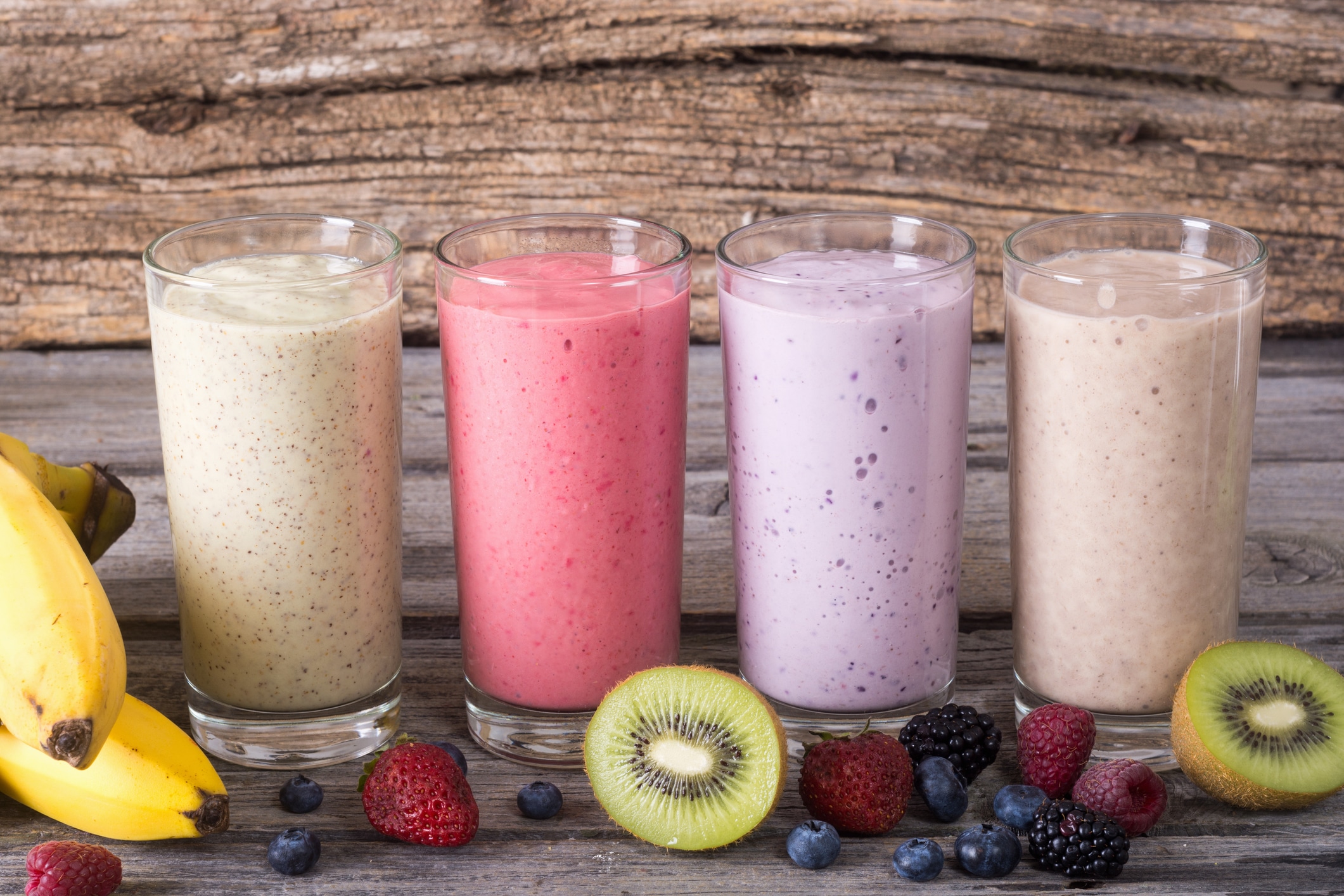Lacrosse is played and enjoyed by all age groups across the United States, and its popularity continues to grow as a team sport. During a game, players sprint across the field on defense and offense, running an average of three to five miles during a game. To excel in the sport, athletes need proper endurance to make it through a game successfully, as well as strong hand eye coordination, strength and power to throw the ball to a teammate or when attempting to score a goal. A solid lacrosse nutrition plan is essential to support the strength, power and endurance that lacrosse athletes need to perform well throughout a 60-minute game.
Nutrition Requirements for Lacrosse
Proper nutrition for workouts, practice and games requires planning. A fluid and hydration plan should be top priority for lacrosse student-athletes. Muscle tissue sits in a fluid base, so staying hydrated every day will support performance and the body’s ability to pass, protect and score a goal. A diet that includes adequate carbohydrate, protein and fat is needed to fuel a lacrosse player and support athletic performance.
Carbohydrate
Due to the amount of running and sprinting that occurs during a game, carbohydrate is the muscle fuel (glycogen) that is in greatest demand. It is important for lacrosse players to consume carbohydrates daily to keep the body energized for practices and games. The recommended daily intake varies based on training and actual playing time during a game. In general, lacrosse players should aim to get between 5 and 8 grams of carbohydrate per kilogram of body weight. For a 150-pound (68 kilograms) student-athlete, that equates to between 340 and 544 grams of carbohydrate per day.
Lacrosse players should choose carbohydrates that are packed with nutrients needed to support optimal health and sports performance. Examples include whole-grain breads, cereals, crackers, as well as fruits, vegetables, and beans. Simple carbohydrates, like the sugars found in sports drinks, can be used as an energy source before and during activity.
Protein
Protein assists in muscle strengthening, repair and recovery which is vital due to the intensity of lacrosse. Lacrosse players should aim to get between 1.4 and 1.7 grams of protein per kilogram of body weight. For a 150-pound (68 kilograms), that equates to between 95-116 grams of protein per day.
A nutrient-packed sports nutrition plan should contain a variety of animal and plant-based proteins to support strength and power. Some good examples include dairy – like milk, yogurt and cheese– or beef, poultry, ham, eggs, beans, and other legumes.
Fat
Fat is the slow and steady fuel used for practices, workouts, and games. The daily requirement for fat varies based on individual daily calorie needs. Once daily needs for carbohydrates and protein have been determined, the remainder of calories will come from fat. As a rule of thumb, include a minimum of 20 grams of fat at main meals and at least 10 grams of fat at snacks.
Examples of foods that contain fats are oils, butter, avocados, nuts, seeds, salad dressing, and the fats found naturally in meats and dairy products, like full or reduced fat milk, cheese, and yogurt.
Fluids
Staying hydrated will help improve agility and hand-eye coordination during a lacrosse practice or game. Hydrate with cool fluids like water or choose a sports drink if playing multiple games in a day. For some guidelines on how much fluid you need, review this hydration handout Sip, Sip, Sip! Hydration Tips for Athletes.
Below is an example of how a 150-pound lacrosse student-athlete could distribute total daily calories over the course of the day.
Daily Nutritional Requirements for Lacrosse
| Based on a 150 lb. Student-Athlete (68 kg) | |||
| Carbohydrate | Protein | Fat | |
| Daily Requirements | 5-8 g/kg/day | 1.4-1.7 g/kg/day | Remainder of calories to meet daily energy requirement |
| Daily Total | 340- 544 g | 95- 116 g | Varies based on daily calorie requirement |
| Per Meal (3 Meals/Day) | 90- 120 g | 25-30 g | at least 20 g |
| Per Snack (2 Snacks/Day) | 30 g | 10-15 g | at least 10 g |
Source: Sports Nutrition: A Handbook for Professionals
Fueling and Hydrating Before, During and After Training and Competition
Before
Most lacrosse games occur in the morning or early afternoon. A nutritious breakfast and a pre-game snack will help provide the fuel needed to perform well during the game. Examples of nutrient-packed breakfasts and pre-game meals include blueberry pancakes and sausage with a glass of milk; a ham and egg sandwich with a glass of chocolate milk; oatmeal made with milk and peanut butter; and Greek yogurt with berries.
As you get closer to game time, the size and nutrient composition will change. Examples of smaller, yet nourishing pre-game snacks could be an orange, cheese stick and crackers; peanut butter on graham crackers and a banana; or low-fat yogurt with berries and granola.
During
To maintain a healthy hydration status during activity, it is important to consume fluid early and at regular intervals throughout a game or practice. Make sure to have a full water bottle with you at the start and take 4-5 gulps at each break. For longer or higher intensity training, a sports drink is a good option.
Halftime is also a great opportunity to increase fluid consumption. A carbohydrate-rich sports drink is a popular option since the additional carbohydrate will provide muscle fuel for the second half of the game. Many lacrosse athletes get an energy boost when they consume a carbohydrate-rich snack at halftime, too. Suggestions for an easy halftime snack include a half of a peanut butter and jelly sandwich, a carbohydrate-rich energy bar or a piece of fruit.
After
After a lacrosse game, the initial goal is to replenish fluids, electrolytes, and carbohydrates that were used. Due to the high intensity of sprinting and throwing the ball, the refueling snack should include some protein for muscle recovery and repair. Consuming a nutrient-rich beverage, like chocolate milk, will provide fluid to rehydrate the body, carbohydrates to replenish glycogen (the muscle fuel) and protein to assist in muscle recovery. Some quick, easy and budget-friendly refueling options are chocolate milk with a granola bar; a turkey and cheese sandwich with a piece of fruit; a peanut butter and jelly sandwich with milk; or yogurt and fruit. For more post workout snacks, check out 10 Post Workout Snacks To Fuel Sports Recovery.
Other Considerations for Lacrosse
Lacrosse tournaments normally include multiple games played over a weekend or several days. It is important to plan, pack and carry meals and snacks for fueling throughout the tournament.
Purchase a cooler or an insulated soft pack and add freezer packs or frozen water bottles to keep food at safe temperatures. Examples of meals and snacks to pack for tournaments include turkey or ham and cheese sandwiches; tuna packs; peanut butter and jelly sandwiches; wheat crackers; trail mix; graham crackers; fresh or dried fruits; granola or energy bars; whole grain cereal; Greek and low-fat yogurt, cheese sticks, low-fat chocolate milk; nuts and seeds; or even leftover pizza.





